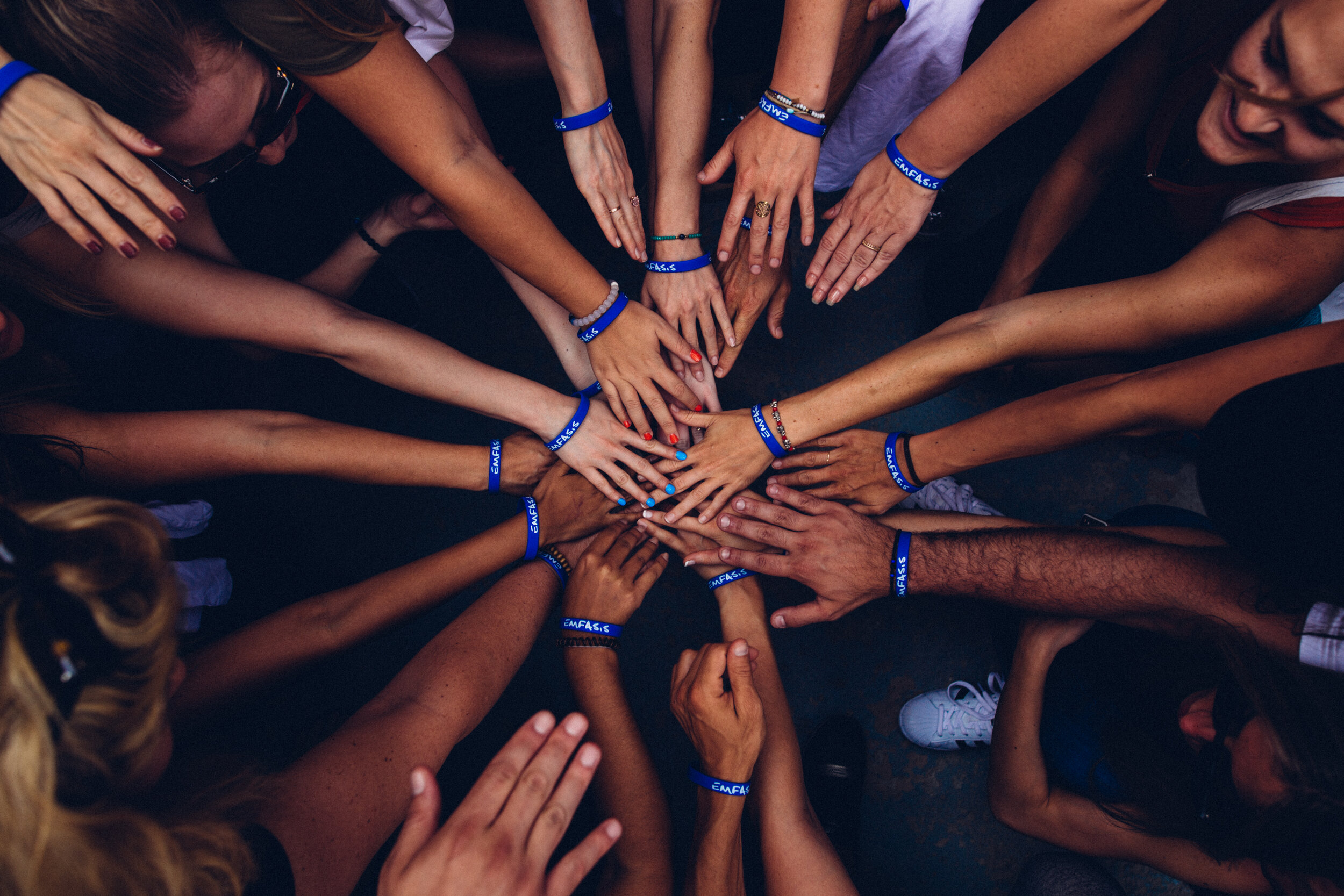Building a Sober Community
The thought of maintaining sobriety after leaving a residential treatment center can be daunting at first. Outside of the tools provided by treatment centers, building a sober community is integral in maintaining a life free of substance abuse. It is important to rid yourself of bad influences – people who are still using - and begin to surround yourself with people who encourage your new, sober lifestyle. Consider the following options to help in forming a sober community after treatment:
Attend peer support groups
Whether it’s attending 12-step meetings, such as Alcoholics Anonymous or Narcotics Anonymous, or a group organized by your treatment center, or a faith based recovery group, getting together with others who experience similar challenges is beneficial in maintaining your sobriety.
Join a gym
Other than promoting overall health and wellness, joining a gym helps to introduce you to others who are also trying to lead a healthy lifestyle. Surrounding yourself with health-minded people inevitably influences you to lead a healthier lifestyle. Additionally, working out is a great stress reliever and is helpful in preventing stress-related relapses.
Volunteer
Giving time to various charities often gives people a sense of purpose and is also thought to relieve stress. Through helping others, it is possible to gain some perspective on your own situation. Consider finding a cause you feel strongly about – such as the humane society or a food bank - and then look into ways you can volunteer your time.
Consider living in recovery housing
Recovery housing provides a drug-free environment for those who don’t have a safe option to return to once their treatment is completed. This option helps return a recovering addict to everyday life without exposing them to potential triggers and unsafe situations.
Take up a new hobby
Boredom can also lead to relapses. Be sure to keep yourself occupied with a new hobby – a cooking, painting, photography, or sewing class for example – to continue in your recovery. Similar to people you meet at the gym, the people you meet in these classes can also help you focus on your health and what is best for you.
Past articles have addressed the fact that transitioning back to everyday life may be hard at first, so having a plan of what to do in potentially triggering situations is a best practice. Having a group of people that support you in your recovery is just another part of that plan. While we can’t prepare for every situation, we can do our best to surround ourselves with people who encourage our sobriety and promote a healthy lifestyle.
Get The Latest Updates In Drug & Alcohol Recovery News To Your Inbox
If you opt into our newsletter, we promise to respect your privacy. We don’t share your information with any other parties. Sign up to get info about the science behind addiction, the latest trends in addiction treatment, inspirational recovery stories, and much more.




